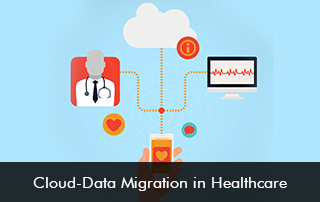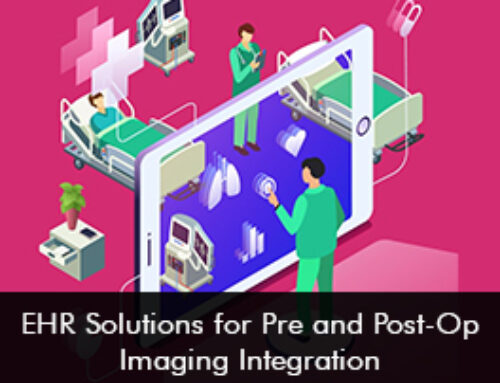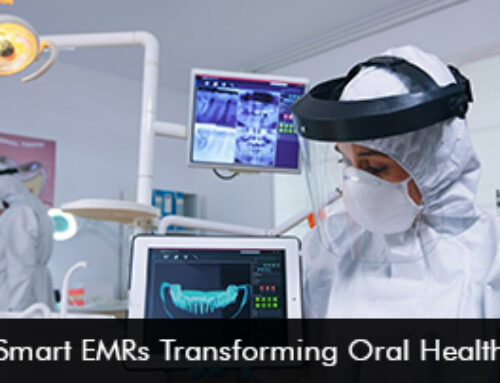Some medical practices and hospital systems are dissatisfied with their current EHR software system. There can be many reasons such as lack of functionality, difficulty to use, and vendor concerns. A transition to a new software system may be the only choice. However, this presents hurdles in terms of time, money, and effort. The IT personnel must also ensure that all previous data is seamlessly and error-free transferred into the new Electronic Medical Records (EMR) Software system.
Moving complete health and patient data sets is not a simple task, and the hospital IT department must make an informed decision. They should ensure that the new form of storage will benefit the healthcare organization shortly.
What is cloud migration?
Cloud migration is the process of moving data from on-site storage into the cloud or from one cloud-based platform to another. Cloud migration is a difficult procedure that requires careful planning from IT personnel.
Data Migration Planning
Moving data or data migration requires planning ahead of time and cannot be moved in a snap of a moment due to the following three reasons;
- Systems are not designed and built to move such a large amount of data to another system at once because it has hardware and network limitations.
- During the transition, data will not be available and accessible to healthcare providers and other stakeholders involved in the healthcare process.
- There is a greater risk of data loss when practices leave data at a risky transition position.
Consideration before undertaking a cloud data migration in the healthcare industry
Healthcare organizations need to consider the following points before leaping over to data migration to ensure that the healthcare data migration data is a success.
- Potential users should inquire with the new software vendor about the features and benefits of the EHR software system. The chosen provider should be able to move the data smoothly. A live demo with the vendor might be requested to examine how they will migrate the data into the new software system.
- Data security is another important consideration that cannot be ruled out as moving data to a new cloud service provider may need network security to be reconfigured or reworked. This will avoid any security gaps when data is being migrated.
- When the data is being transmitted the data must be accessible so the provider’s productivity is not affected and patient safety levels are maintained. Before the migration process scaling and reconfiguration of applications must be completed.
How does healthcare data migration add value?
Seamless healthcare data migration adds value by continuously evolving healthcare with data analytics. Successful data migration ensures that accurate, timely, and high-quality medical data is available to healthcare providers and hospital systems to enhance the patient care process. The clinically relevant healthcare data availability helps patient outcomes to improve to offer supreme medical care. When deciding on data migration it is advised that medical set-ups have prior planning to prepare a smooth transition of healthcare data to cloud storage or another software system. This data is valuable to make the most informed decisions by physicians and cannot be put at stake in any case.







